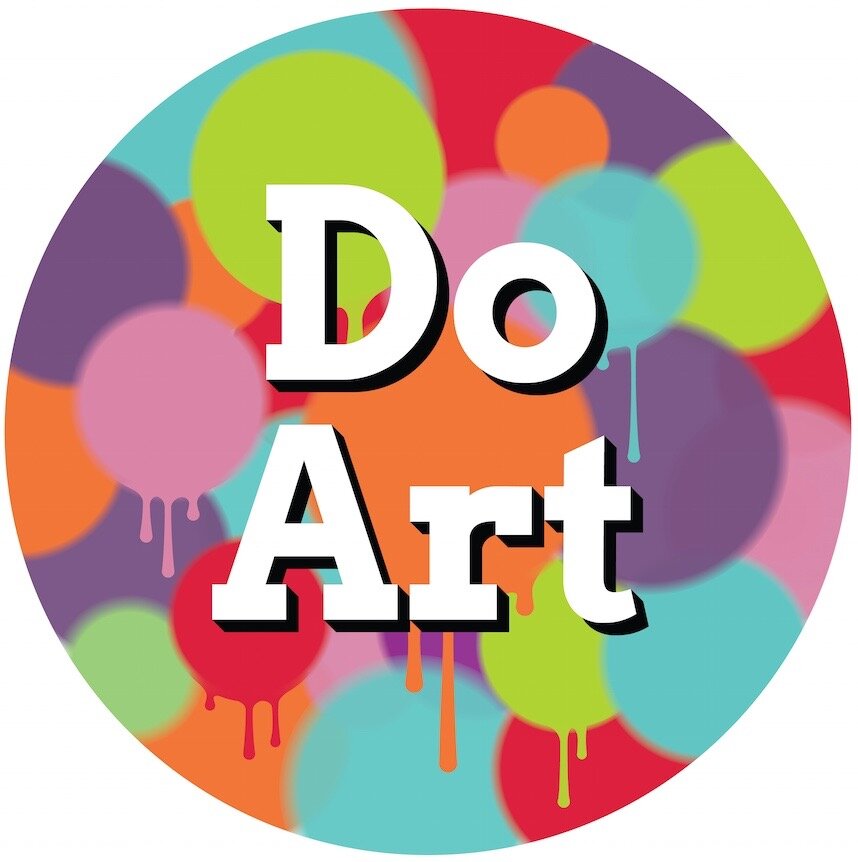Organizing Private Group Class
Organizing Private Group Class
PROJECTS
Choose from ceramics, painting + drawing, mixed media, art history, sculpture, and photography (for our older students)
CLASS SIZE
1-10 children
AGE
3 & up. We practice one-room schoolhouse philosophies and are able to accommodate large age ranges within the same group.
CLASS LENGTH
60 minute, 90 minute, or 2 hours available
CLASS FREQUENCY
Once weekly, monthly (meeting up to 4 times)
PRICING
Dependent on class size. See FAQs for price breakdown.
Art pod CLASS FAQs
When do you offer classes?
As long as we have the availability, we can schedule San Rafael Monday - Friday, 9:30 am-6 pm, or come to your home or meet at a park.
What types of projects can I expect?
Our team of teachers gathers weekly to work on curriculum. Our power is the ability to tailor our programs to individual groups to fit the needs and interests of each group. We are a specialty program and have 21 years of creating curriculum for all art mediums, subjects, and themes. Do Art studio’s style of art-making processes includes sculpting, designing, animation, painting, printmaking, sewing, drawing, and photography. If there is another subject you would like us to include that you don’t see here, we are always open to bringing in new concepts and materials.
How much are Private-Pod Art Classes?
Pricing depends on class enrollment and length of class; below are breakdowns in 1-hour classes
Anything above 7 students is $28/class/child
7 students: $30/per class/per child
6 students: $35/per class/per child
5 students: $42/per class/per child
4 students: $52/per class/per child
3 students: $70/per class/per child
2 students: $105/per class/per child
1 students: $210/per class/per child
Why enroll in Do Art on wheels mobile art school? Do Art’s mission is to give children a voice through art-making. No other curriculum allows a child to explore, from the point of the unknown to a point of completion, learning art techniques while working through mistakes and problem solving, resulting in higher self-confidence, awareness, and leadership skills. All Do Art teachers have been trained in Studio 4 Art’s pedagogy and teaching approaches.
Do Art is unique in its teaching approach to all art projects and introduction to art materials. Our curriculum is progressive, child-initiated, and thought-provoking. How to teach the whole child and honor each as the individuals they are is a pretty special way of teaching. We provide growth in children through honoring ideas, executing dream designs, guidance through questions to engage problem-solving, build creative thought processes through mistake-making, and celebrate collaboration.
COVID safe: masks must be worn, artists will have their own workstation with their own sterilized art tools and hand washing will be frequent. When entering class we will have hand sanitizer and we will use it again upon leaving.
GOALS to achieve during classes:
•Recognize and describe simple patterns found in the environment and works of art, emphasizing line, color, shape/form, and texture
•Creative Expression, Use of texture and color in original works of art.
•Describe how and why they made a selected work of art, focusing on the media and technique.
•Demonstrate beginning skill in the use of basic tools
•Understanding and applying media, techniques, and processes
•Students intentionally take advantage of the qualities and characteristics of art media, techniques, and processes to enhance communication of their experiences and ideas
•Making decisions in situations where there are no standard answers
•Openness, respect for work, and contemplation when participating in the arts as an observer or audience members are personal attitudes that enhance enjoyment
•Because the arts offer the continuing challenge of situations in which there is no standard or approved answer, those who study the arts become acquainted with many perspectives on the meaning of “value”
Indicators of Achievement
•Student understands the basic principles of art
•Student understands there are various purposes for creating works of art
•Understands materials
•Correct use of art vocabulary
•Understanding of mixed media
Terminology used:
sketch
composition
Training their “artist eyes”, investigating what we see, subject matter
focal point
shade/value
contrast
primary colors
color mixing
secondary colors
contrasting color
contour shape
layering
shadow
highlight
wet into wet
printmaking
relief printing
brayer
ceramics
clay
pinch pot
slab
coil
texture (hairy, furry, smooth, scales, bumpy)
shape: circle, ovals, triangles, rectangles
portrait
scene
environment
template
form
slumping/draping
negative/positive
hollow form
glaze/underglaze
palette
3D
sculpture
realism
abstract
brush stroke
kiln
firing
ceramics

